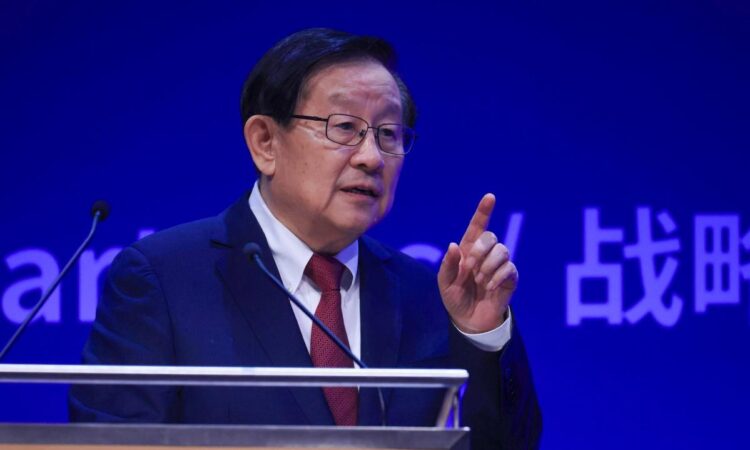
(Bloomberg) — The former government minister considered the father of China’s electric car industry has called for Beijing and Europe to resume talks for an investment deal.
Most Read from Bloomberg
Wan Gang, China’s Minister of Science and Technology between 2007 and 2018, wants to ease trade tensions that saw the European Union threaten to impose tariffs of up to 48% on imported EVs.
He said the the tariffs were politically motivated and were not supported by all EU countries.
“China is already part of the global market so there won’t be a consensus for erecting trade barriers,” Wan said at the World Economic Forum’s Summer Davos event in Dalian, China. “Many countries in the EU oppose the action.”
Germany is working to prevent or soften the tariffs, Bloomberg reported earlier this month and Vice Chancellor Robert Habeck last week held talks in Beijing with senior Chinese leaders. German carmakers like BMW AG and Volkswagen AG could be hurt if China imposes any retaliatory tariffs.
Beijing has hinted it may raise import taxes on large-engine vehicles from the EU to 25%, and China’s Ministry of Commerce is also carrying out anti-dumping probes into European brandy and pork.
The EU tariffs “have political motivations,” Wan said. “Confrontation isn’t the way to go — it’s especially pointless to go against technological innovation. The most important thing is to keep negotiating.”
The panic coming from the EU is caused partly by the fact that Chinese foreign investment hasn’t kept up with the pace of exports, Wan said. One way to improve relations would be to resume talks on the Comprehensive Agreement on Investment, he said.
The landmark deal has been frozen since 2021 when the European Parliament voted to withhold ratification of the agreement after China retaliated against Western sanctions over human-rights practices in the country’s Xinjiang region by announcing measures against 10 individuals and four entities from Europe.
“It’s a big regret of mine, this deal,” Wan said, adding that it needed to be revived.
Wan is credited as the architect of China’s EV policy — which has seen the country become a leader in the design, manufacture and sale of electric cars and their batteries — and remains influential. He spent more than a decade in Germany studying then working for Volkswagen’s Audi brand.
Most Read from Bloomberg Businessweek
©2024 Bloomberg L.P.






